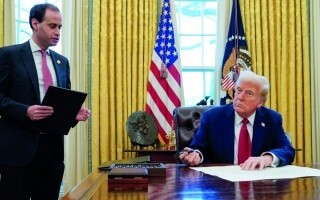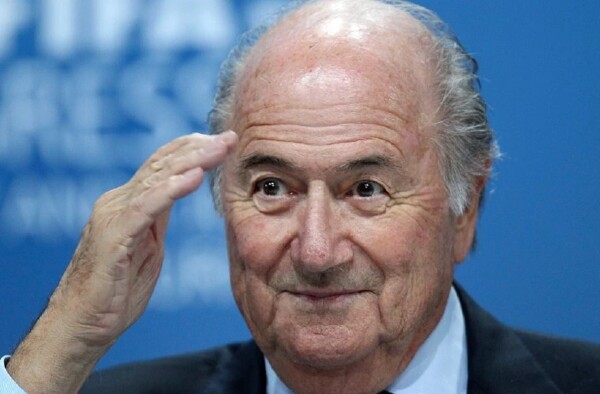
President of the USA Donald Trump canceled an order that he signed two days ago, which presumes the freezing of three trillion dollars at the border and federal credits. Banks, non-commercial organizations, schools, scientific organizations, preschool programs, and police departments began to raise questions about whether they lost financial support.
Healthcare, representing medical care for millions of Americans with low income, was halted, but the federal judge temporarily blocked Trump's decision, reacting to legal issues, stating that Trump does not have the complete authority to freeze funds allocated by Congress.
Federal prosecutors from 22 states and Washington, all of them from the Democratic Party, agreed with the postponement of this measure.
Treasury Secretary Trump's Matthew Fait informed agencies that the signed order from the previous evening was canceled. With all this sum, is there anything to be warned?
The legal backlash against Trump's order was very broad: he demanded that federal spending correspond to "presidential priorities," with a postponement until February 10 for the submission of reports to the treasury office.
It seems that Trump wants the Supreme Court to overturn the previous 1975 ruling. This is rare, especially when the original ruling was unanimous. Recently, the Supreme Court overturned its 50-year ruling on the right for a woman to have an abortion, preferring not to repeal its decision.
At the same time, Trump directed an order to all federal employees, promising to pay a bonus for all months if they leave by February 6, 2025. Trump wants to centralize power in his hands, rather than reduce the federal government.
Centralization of power increases wealth, just as an increase in wealth increases power. Therefore, Trump needs Musk just as much as Musk needs Trump.
Former Labor Secretary of the USA and professor of public policy at the University of California.














